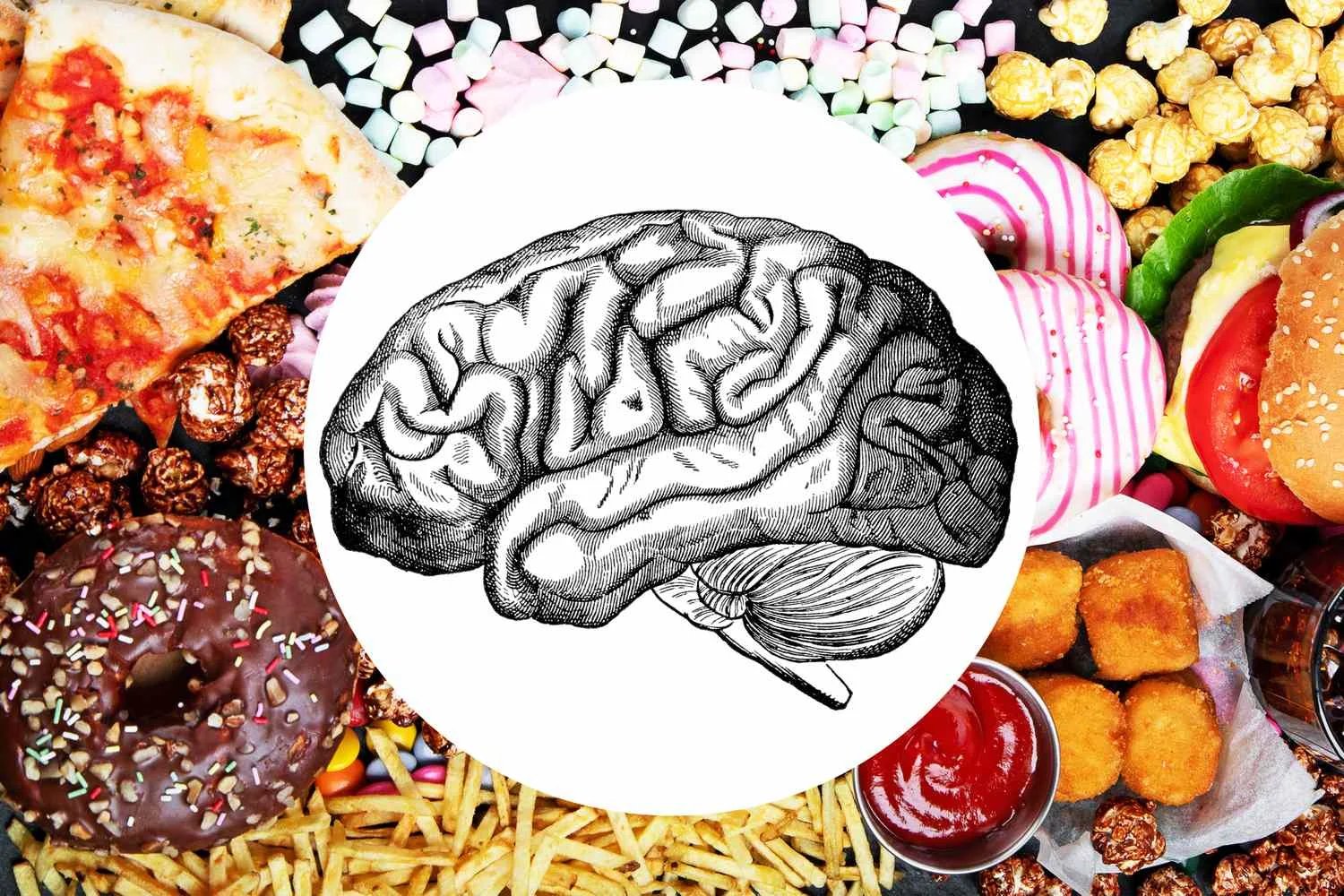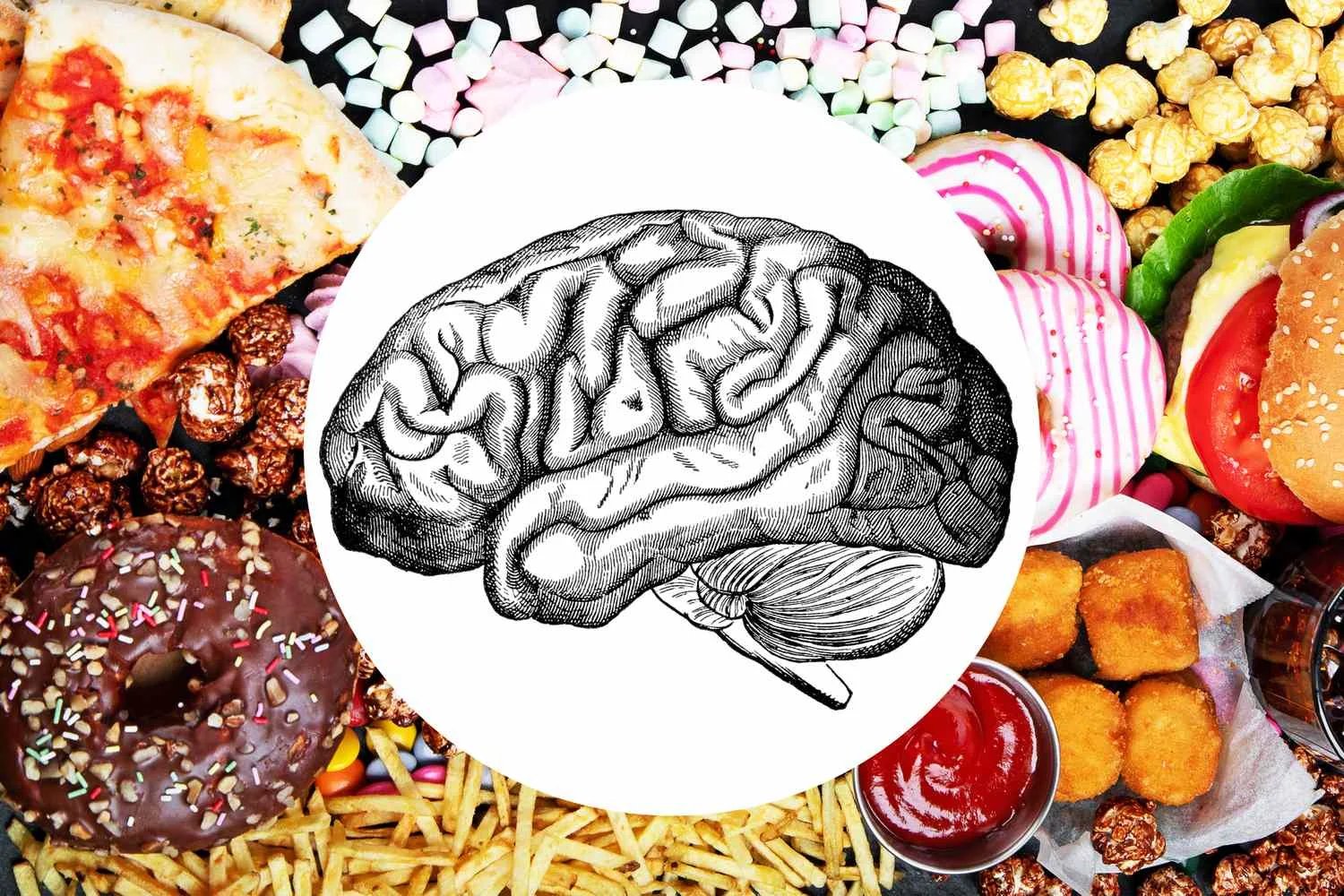
uaetodaynews.com — Just 4 Days of High-Fat Foods Can Hurt Your Memory, Study Finds
- A study from the University of North Carolina School of Medicine found that eating high-fat, “Western-style” junk foods — like cheeseburgers — can disrupt brain activity within a few days.
- Researchers discovered that these foods make certain hippocampal neurons overactive, impairing memory “almost immediately,” but restoring glucose levels reversed the effect.
- Supporting research from Japan’s Chiba University found that a high-fat diet impaired fruit flies’ long-term memories, but reintroducing fruits and vegetables restored cognitive function.
That juicy burger with a large side of fries and a decadent chocolate shake certainly sounds tempting. But according to a new study out of the University of North Carolina School of Medicine, meals like that could be scrambling your brain “almost immediately.”
In September, the research team published their findings in the journal Neuronwhich examined how high-fat foods (which the authors explained in a statement resemble “typical Western-style junk food” rich in saturated fat — like cheeseburgers and fries) affect our memory. They found that even a few days of eating this way can lead to “cognitive dysfunction.”
To understand how this could happen, the researchers fed mice a high-fat, junk food diet and measured their neuronal activity in the hippocampus, the part of the brain that is crucial for memory. They found that this diet disrupted key memory circuits in the brain almost instantly. Specifically, they stated in a statement about their work that within four days, neurons in this part of the brain became overactive, impairing their ability to retain memory.
“We knew that diet and metabolism could affect brain health, but we didn’t expect to find such a specific and vulnerable group of brain cells, CCK interneurons in the hippocampus, that were directly disrupted by short-term, high-fat diet exposure,” Juan Song, PhD, principal investigator and professor of pharmacology at UNC’s Neuroscience Center, shared in a statement. “What surprised us most was how quickly these cells changed their activity in response to reduced glucose (sugar) availability, and how this shift alone was enough to impair memory.”
There was, however, a sliver of good news in their findings: Restoring glucose levels “calmed” the neurons, suggesting that it is possible to restore brain health. The team noted that “interventions like fasting or dietary shifts” can achieve this — and added that these changes could also help “prevent obesity-related dementia and Alzheimer’s.”
“This work highlights how what we eat can rapidly affect brain health and how early interventions, whether through fasting or medicine, could protect memory and lower the risk of long-term cognitive problems linked to obesity and metabolic disorders,” Song added. “In the long run, such strategies could help reduce the growing burden of dementia and Alzheimer’s linked to metabolic disorders, offering more holistic care that addresses both body and brain.”
It is important to recognize that this study does have some limitations to consider. One limitation is that it was conducted on mouse models, which may not fully replicate how human brains respond to a high-fat diet. Further research is necessary to determine whether the same mechanisms are at play in humans. Additionally, the study primarily focuses on the short-term effects of a high-fat diet, leaving long-term impacts and potential interactions with other dietary or lifestyle factors unexplored.
However, another study from researchers at Chiba University in Japan, published in PLOS Genetics in August, showed very similar results in fruit flies. In that study, the researchers found that a high-fat diet can disrupt a fruit fly’s memory in as little as one week. That team noted that the diet specifically targeted the fly’s ability to form long-term memories. The good news is that they also explained that rebalancing your diet with a few fruits and vegetables can significantly improve memory.
Reviewed by
Lauren Modern Lauren MS, RDN, LD, CLEC: Lauren is an award-winning registered dietitian and three-time book author, with more than 22 years in the field.
Disclaimer: This news article has been republished exactly as it appeared on its original source, without any modification.
We do not take any responsibility for its content, which remains solely the responsibility of the original publisher.
Author: Stacey Leasca
Published on: 2025-10-22 13:03:00
Source: www.foodandwine.com
Disclaimer: This news article has been republished exactly as it appeared on its original source, without any modification.
We do not take any responsibility for its content, which remains solely the responsibility of the original publisher.
Author: uaetodaynews
Published on: 2025-10-22 09:13:00
Source: uaetodaynews.com
